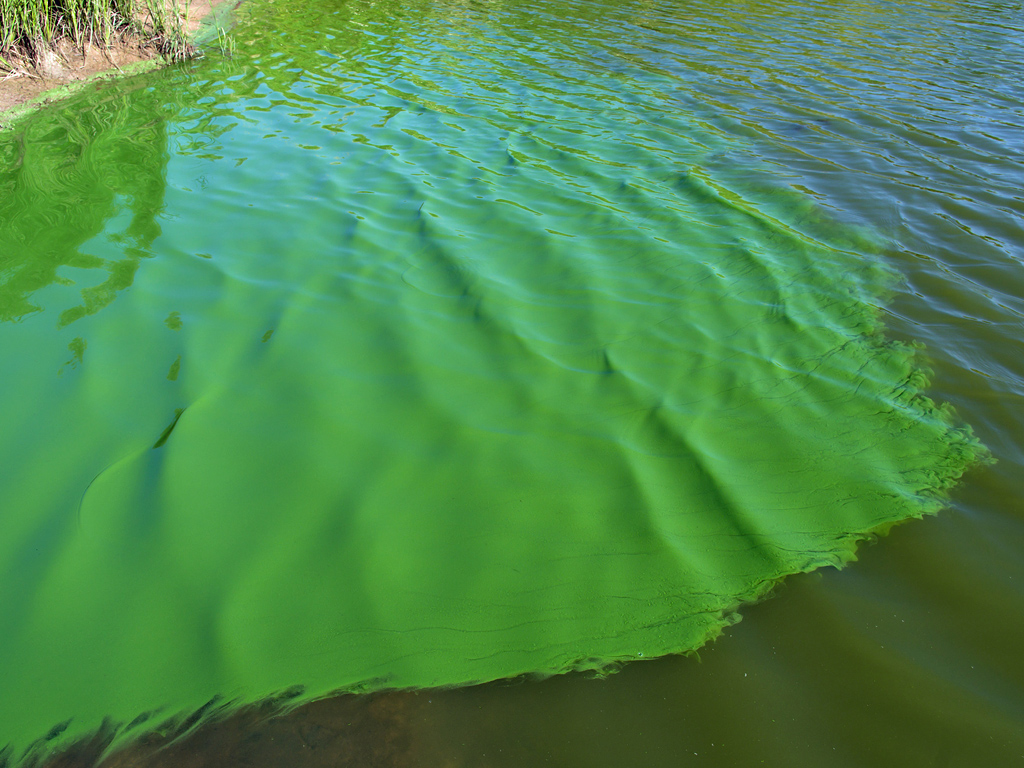Plankton – here and there
Plankton are organisms that float freely in the water, unable to control their direction of movement. The opposite of plankton is called nekton – including all animals that can swim actively in the water, such as fish, whales, and even you when you go for a swim! Plankton are considered the base for the marine food chain. The blue whale, the world’s biggest animal, eats almost exclusively krill. Krill are plankton. The word plankton comes from the Greek word planktos, which means wandering.
The blue whale - the largest animal in the world - eats exclusively plankton.
Photo: Garrett-Coakley-CC-BY-NC
The basking shark - one of the world's largest fish - eats exclusively plankton.
Some movement
Almost all the animals in the sea begin their lives as marine larvae. They are considered to be plankton. One example is the eel larva, which is a zooplankton. Even though plankton can only follow along with the currents, some phytoplankton can float up to the surface. They are seeking out the sunlight.
To their aid, plankton can have different appendages – such as flagella, a kind of lash that helps the plankton to move. Many zooplankton can move short distances on their own but they largely follow the direction of the strong sea currents.

Photo: Christian-Fischer-CC-BY-SA
Algal blooming
Have you heard the term algal blooming? It usually occurs in the summer months and can make the water unhealthy to swim in. Algal blooming is a natural process, just like leaves appearing on trees in the spring. A warmer climate in combination with eutrophication – over-fertilisation of the water – can lead to excessive algal blooming.
During certain summers, huge amounts of blue-green bacteria drift in along the coasts. That water may be harmful to children and dogs and can cause itching. When seas and lakes become subject to excessive algal blooming it often leads to oxygen depletion, which can cause the death of many aquatic organisms.